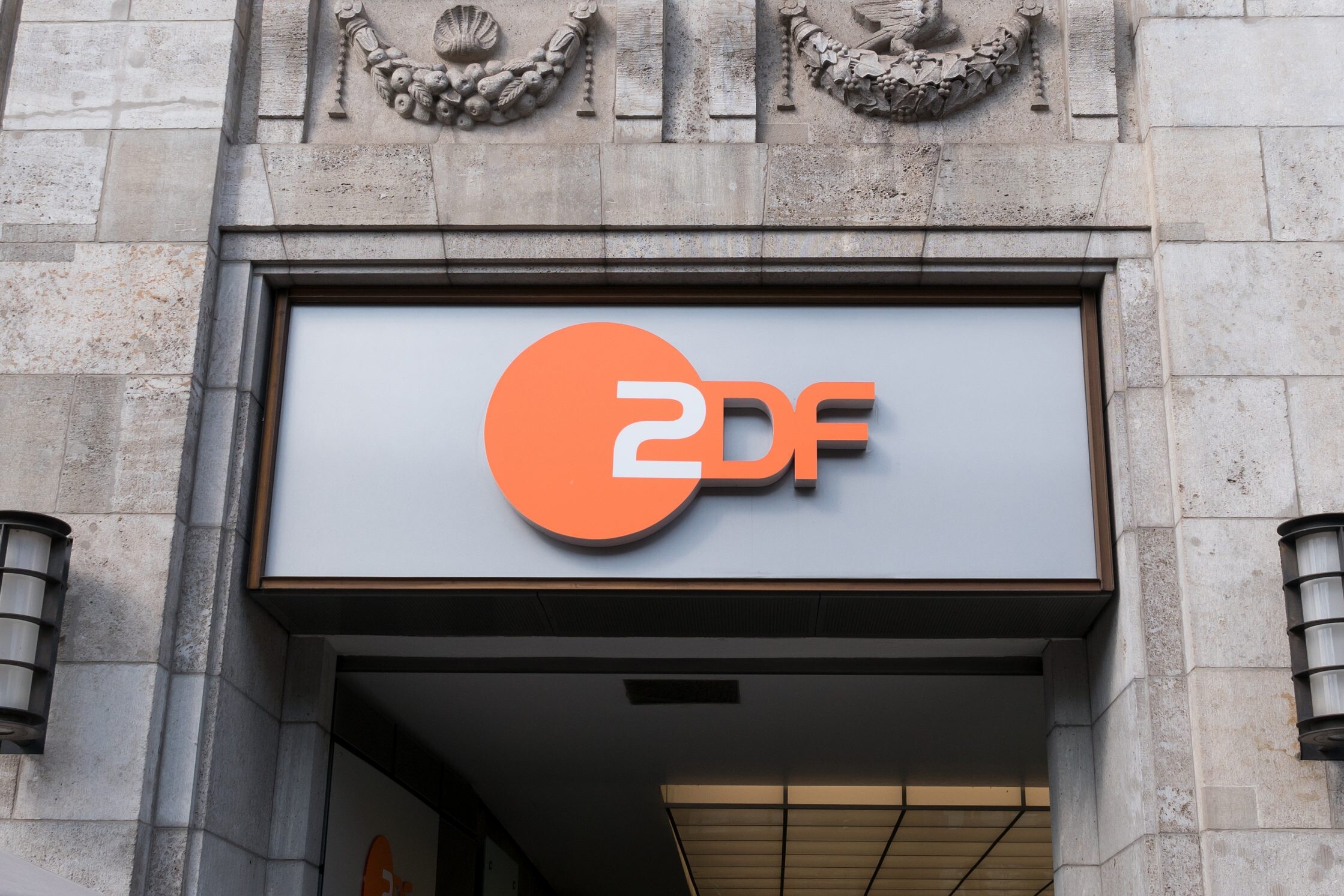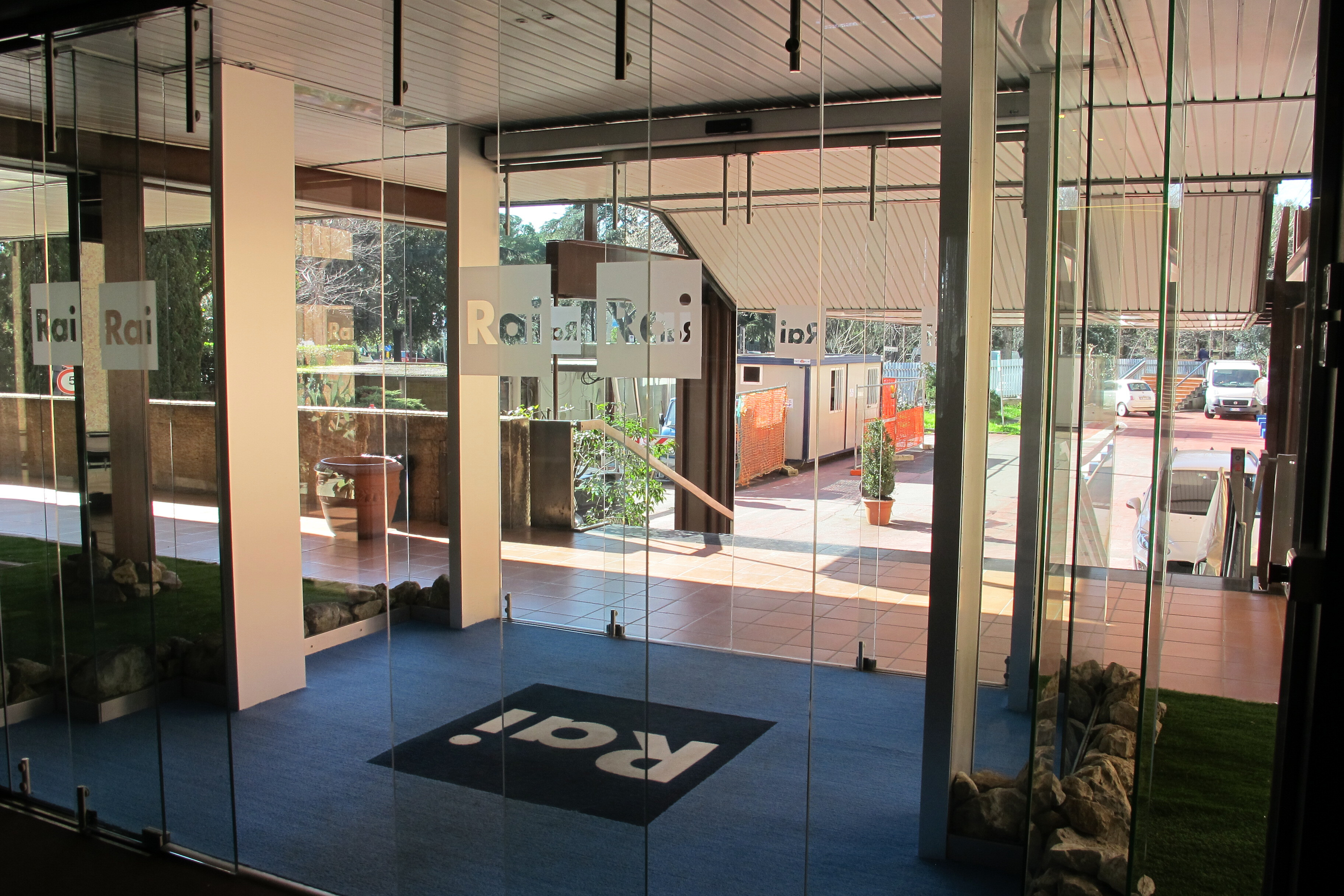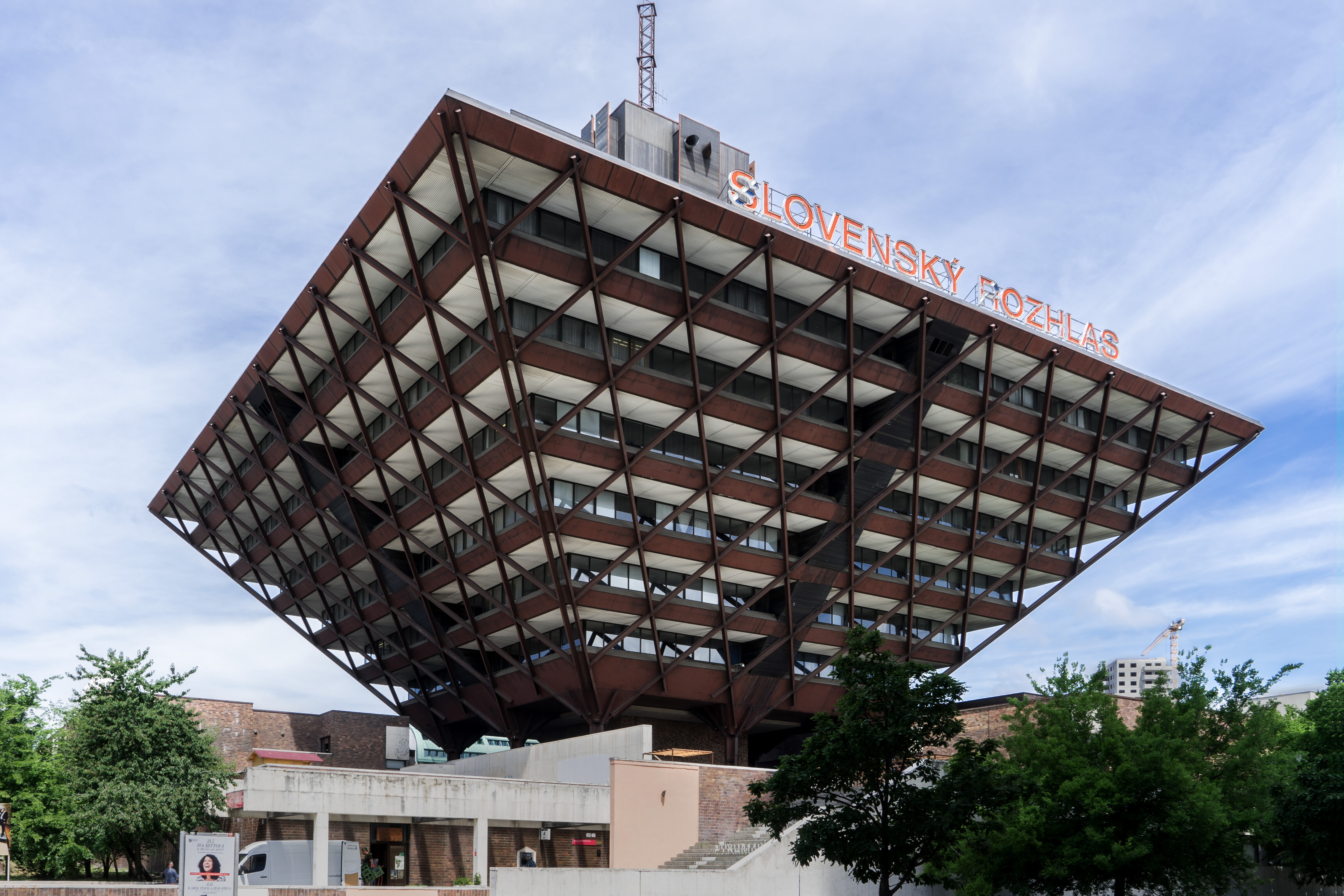Georgia: PSM funding future up for debate
23rd November 2023
A new funding model for the GPB seems on the horizon after a new bill was introduced tearing up the current system.

IN BRIEF:
- Georgia’s government put forward an amendment which would see the Georgian Public Broadcaster (GPB) funded through an annual allocation.
- The amendment was passed at its first reading, but ahead of its tabling at a plenary session, there was outcry from senior staff at the broadcaster.
- The Director General, amongst others, argued the bill would remove the broadcaster’s editorial independence.
- Subsequently, the Director General and Chair of GPB’s Board of Trustees met with the Speaker and the Chair of the ruling political party.
- Following the meeting, there was a mutual agreement to continue to work together to develop a funding model which continues to protect GPB’s independence.
QUICK TAKE:
Immediate funding changes are alarming, especially when a public broadcaster has not been informed of proposals. The Bill has potential to erode the independence of Georgia’s public service media entity. Solutions to funding challenges are not found at such a pace, but instead need to be developed collaboratively with all stakeholders. It is reassuring to see the government reconsider and engage with the broadcaster on how to move forward, but commitments must be made to ensure GPB’s viability and independence.
IN FULL:
A new funding mechanism seems likely for Georgia’s public service media entity, the Georgian Public Broadcaster (GPB), after a bill – which some staff criticised for compromising the corporation’s independence – was rushed through Parliament.
Following the passage of the bill on its first reading, the draft law was slated for a plenary session in mid-December.
Read more: EMFA: PMA joins calls for effective safeguards for strong and independent public service media
However, following an intervention by GPB’s senior management, there will now be further discussions between the government and the broadcaster to find a new funding model that is sustainable and does not interfere with the organisation’s editorial independence.
What does the new bill suggest?
Georgia’s public service media is currently funded through a unique mechanism, which sees it allocated a set proportion of 0.14% of GDP every year. But according to the Explanatory Note in the legislation, as reported by GPB, “The current funding method no longer corresponds to today’s reality.”
“We differ from everyone else in that we do not have political or commercial interests. The only interest we have is the audience, each and every one of you.” Tinatin Berdzenishvili, Director General of GPB
In 2021, GPB had an annual budget of 69.6 million GEL (€23.65 million), but in 2024, this is expected to be 110.3 million GEL (€37.49 million), a growth of 160 percent. Such an increase is not based on need, the legislation argued, but rather by the country’s economic growth.
As an alternative, an amendment to the “About broadcasting” law proposes that funding for GPB should be determined by Parliament on an annual basis.
However, such a proposition has alarmed many, including those working for GPB. In a special broadcast debate hosted by GPB, it was argued that the bill put the public broadcaster “in danger of losing its independence.”
Subscribe toour newsletter
Keep updated with the latest public
media news from around the world
“The one who gives the money obviously explains the editorial policy as well”
The debate featured several senior figures within the broadcaster. Several points were made regarding problems with the bill:
- Obscurity over how the new funding process would work in practice;
- No consultation with the broadcaster before the bill was made public;
- Tying funding to one government agency would erode the broadcaster’s independence;
- No consultation or consideration of EU law, or how it might conflict with the European Media Freedom Act (EMFA);
- Uncertainty over year-on-year funding would leave the broadcaster unable to plan long-term.
One member of the Board of Trustees, Gia Murghulia, said it presented a direct “threat to the complete, absolute independence of public broadcasting.” The Chairperson of the Board, Vasil Maglaferidze, feared what it would mean for the broadcaster if funding was directly distributed through a government agency. “As soon as you are tied to another agency, that agency may give you too much money, but it will be as bad as giving less money, because the one who gives the money obviously explains the editorial policy as well.”
“On the one hand, we are eager to rationalise the state budget, and on the other hand, ensure the GPB’s financial independence.” – Shalva Papuashvili, Speaker of the Georgian Parliament
The Director General of the broadcaster, Tinatin Berdzenishvili, iterated the ongoing need for public service media, demonstrating what would be lost if the funding mechanism was altered. “We differ from everyone else in that we do not have political or commercial interests. The only interest we have is the audience, each and every one of you.”
The Director of the 1TV (the broadcaster’s first channel), Rusudan Manjgaladze, said they were given no warning of the amendment. “It’s insulting to have laws made about you without even asking you. We accidentally learned that the law is about us. Nobody knows anything.”
The head of the legal service of 1TV (the broadcaster’s primary channel), Elene Mikhailova, criticised how the legislation was vague in explaining how the process of negotiating a funding increase would work.
Meanwhile, in a letter, the staff of GPB urged the Speaker of the Georgian Parliament, Shalva Papuashvili to meet with them “before the final adoption of the law and hear our opinions.”
The European Broadcasting Union, Reporters Without Borders, and the South East Europe Media Organisation, have also publicly commented, and urged the government to “withdraw the draft law and initiate a thorough debate.” Additionally, the EBU demonstrated that although its funding has dramatically increased in recent years, GPB remains behind the continental average, standing at just €4 per capita per year, compared to the European average of €45 per capita.
Amendment to the amendment?
Such calls appear to have been heeded. On 19 November, the Speaker, Mr. Papuashvili, as well as the Chair of the ruling Georgian Dream Party, Irakli Kobakhidze, met with GPB’s Director General, Ms. Berdzenishvili and Chair, Mr. Maglaperidze. GPB reported that the discussion ended with a collective resolve to continue to develop the funding model.
“On the one hand, we are eager to rationalise the state budget, and on the other hand, ensure the GPB’s financial independence,” said Mr. Papuashvili.
Ms. Berdzenishvili also commented on discussions, and suggested she was open to exploring alternative funding options. “We agreed that the broadcaster’s financing model should be reviewed and become more sustainable so that the public broadcaster does not lose its independence. We are in full agreement with this,” she said.
No timeline for revising the bill has yet been outlined, although it is understood discussions between all stakeholders will continue.
ANALYSIS
The Public Media Alliance commends GPB’s senior executive team and the wider staff for their robust and outspoken defence of their corporation. The broadcast debate exposed the issues with the draft amendment in its format, and explained how this would impact the public broadcaster, and therefore, audiences. The collective effort across the organisation appears to have succeeded in its aim to engage with political leaders over this issue.
Questions over funding have impacted many public service media entities in recent months. From the drastic funding collection change which has affected South Korea’s KBS’, to warnings from both RTÉ and SABC that they face an oncoming financial crisis. Financial viability and sustainability remains one of the most pressing concerns for public service media globally.
Solutions, however, are not found on a whim, and the quick and private method through which the Georgian government introduced this legislation was alarming. As demonstrated in South Korea, swift changes to funding mechanisms can have serious consequences for the financial sustainability and stability of an organisation. Instead, solutions are found through meaningful and collaborative engagement with multiple that, crucially, consider the core democratic values of public media.
While it is pleasing to see leading Georgian politicians reconsider the legislation, and publicly commit to finding a new method that respects GPB’s independence, it is essential that politicians follow through with this pledge. The Public Media Alliance will continue to monitor the situation.



